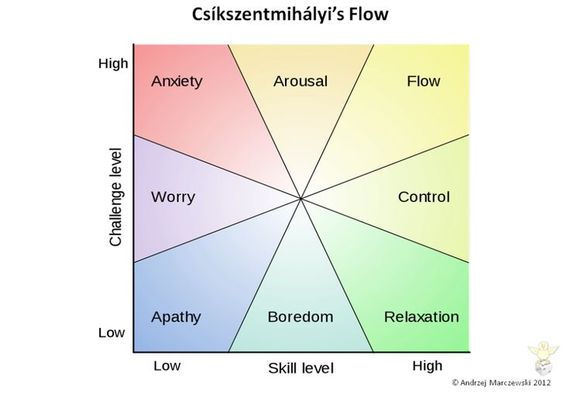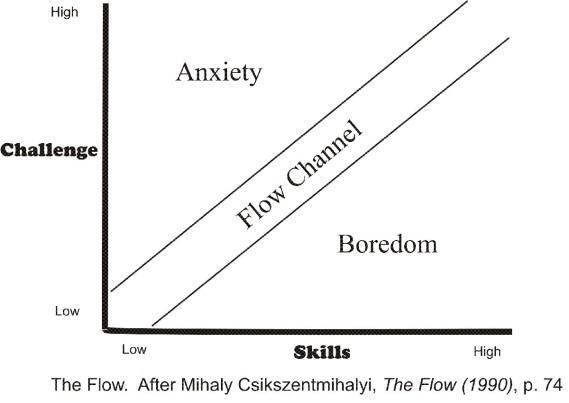Being "in the zone" is delicious, immersive, and...kinda trippy. Time collapses. Sound falls away. Suddenly we look up, and it's 4 a.m.
This tunnel-vision phenomenon is reported by athletes, creatives, and psychologists alike as a hyper-focused, sometimes spiritual, state of mind where anything is possible. It's where we become our most productive, creative, and powerful selves. So, how do we get there?
Most people say, "When you're there, you just know." But that isn't good enough. I want to know what "the zone" really feels like --and how to get there more often.
Clairvoyance
"It was almost as if we were playing in slow motion. During those spells I could almost sense how the next play would develop and where the next shot would be taken."
Superpower
"I would visualize the jolt of pain entering my body through the soles of my feet was energy coming from the core of the earth. My feet became a conduit that allowed my body to tap into an infinite energy source that propelled me forward like I was plugged into a nuclear reactor."
Bergland used the same visualization to break a Guinness World Record running 153.76 miles on a treadmill in 24 hours.
"Flow"
"There's this focus that, once it becomes intense, leads to a sense of ecstasy, a sense of clarity: you know exactly what you want to do from one moment to the other... Sense of time disappears. You forget yourself. You feel part of something larger."
Orgasm
"It is a state of performing with zero friction, zero viscosity, and superconductivity -- it is a state of absolute harmony and endless energy. Superfluidity is to fluid performance as orgasm is to coitus -- it is an episodic and ecstatic climax that strikes you like a lightning bolt when you are in a state of Flow."
In Flow: The Psychology of Optimal Experience, Csikszentmihalyi says we get to this bliss state by striking a balance between skill and challenge. Check out the chart below.
Too much challenge with too little competency, and we feel stressed (impromptu speech at a wedding? No thanks). Lots of experience with too little challenge, and we're bored (Words with Friends against a beginner? Yawn).
According to Csikszentmihalyi, the secret to getting "in the zone" is the Goldilocks principle: not too hot, not too cold. You want to feel inspired, but not overwhelmed. We can apply this to anything (everything!). Your squat weight, your career path, and your sex life: not so much challenge that you burn out, not so little that you get bored.
Instead of loathing boredom we can repurpose it as a helpful barometer. If a task is sinking into the apathy/boredom quadrant, it means two things: 1) you've gotten so efficient at it that you deserve a high five, and 2) you need more challenge to reengage. We can use Csikszentmihaly's graph to modulate anxiety and stress, too. Feeling prepared with research or rehearsals might not completely solve stage fright at your big presentation, but it will shift you slightly right on the X axis (skills go up, stress goes down).
Finding your flow state doesn't have to be illusive or evasive. With this knowledge we can get into the zone faster and more often.
And when you're there? You'll just know.
. . .
This article was originally published on Factor 75.


